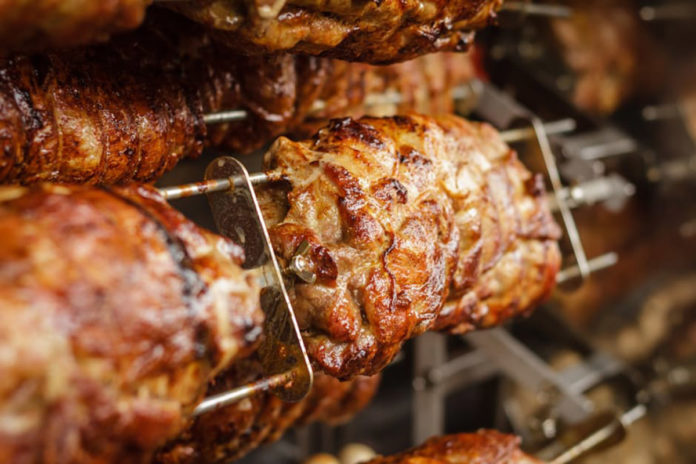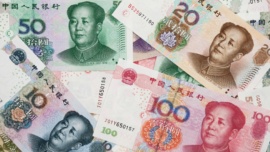Representatives from the Macau Frozen Meat Industry Association met with the Civic and Municipal Affairs Bureau (IACM) at the end of last week to request the government to assure the stability and the supply of Brazilian meat to the MSAR, after a general ban was enforced on meat from the South American country.
With Brazilian meat representing 40 per cent of all frozen meat imports to Macau, including beef, pork and chicken meat, the president of the association, Ip Sio Man, explained to IACM that a lengthy ban on imports would have a considerable impact on the city’s meat industry.
On March 21, IACM announced that the importation of all frozen or refrigerated meat from Brazil to the MSAR would be halted due to a recent scandal of tainted and/or rotten meat from Brazil.
Since then, IACM has informed local meat suppliers to seal and take off the shelves, all products from the 21 companies currently under investigation by the Brazilian authorities.
During the meeting, IACM President José Tavares stated that the suspension was a temporary precaution and MSAR authorities are in contact with their Brazilian counterparts to receive updates on the on-going investigation into the country’s meat suppliers.
After clarification was provided by the Brazilian government on meat supply companies that had been cleared, in regards to sanitary and food requirements, the IACM head said meat imports from certified companies would be allowed.
The department will also continue discussions with Mainland Chinese authorities in order to study ways of speeding up import-export formalities and the sanitary inspection process in the sector, while looking for alternative sources to maintain a sustainable supply of meat to the MSAR.
Meeting the top brass
The Brazilian President, Michel Temer, also announced on Friday that he would contact Chinese President Xi Jinping to clarify the current state of the country’s meat supply business.
The South American country’s head of state said that Brazilian society had mobilised to resolve what could transform into a “disastrous international event”.
“We have organised a ready response and we will overcome this embarrassing situation that could cause serious losses to the country, in what is one the main sectors of our economy,” Mr. Temer said.
One of the largest meat exporters in the world, Brazil has been trying to regain consumer confidence in its meat exports, after federal authorities revealed that illegal products were being sold by 21 companies in its business supply industry, including units of two of the country’s largest exporting companies, BRF and JBS.
After the investigation results became public, the European Union, Mainland China, Egypt, Chile, Hong Kong, Japan, Mexico and Saudi Arabia suspended imports or imposed restrictions on the entry of Brazilian meat (see updates on ban lift on Page 8).
According to data from the Brazilian Agriculture Ministry, Brazil exported more than 1 million tonnes of bovine meat in 2016, with the main destinations being Hong Kong, Egypt, China and Russia.
Brazil also sells animal meat products to more than 150 countries, representing 20 per cent of the bovine, poultry and pork meat market, with the country’s export market valued at around US$14 billion (MOP112 billion) per year. with Lusa
























